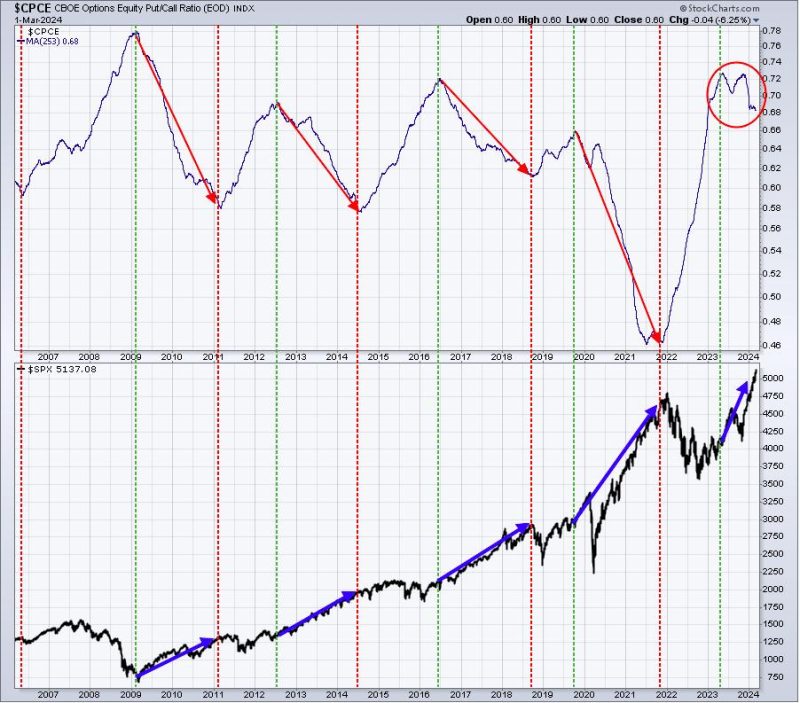In the world of investing, sentiment analysis and small-cap stocks have often been viewed as a potent combination, capable of delivering substantial returns and outmaneuvering market downturns. This article explores the intriguing correlation between sentiment analysis and small-cap investments, shedding light on their collective impact on the stock market.
Sentiment analysis, a form of data mining that involves assessing public perception and emotions towards a particular asset or market, plays a crucial role in shaping investor behavior. By analyzing social media trends, news sentiment, and market sentiment, investors can gain insights into market sentiment and make informed decisions about their investments. This valuable information can help investors gauge market sentiment and potential market movements, allowing for more strategic investment decisions.
When combined with small-cap stocks, sentiment analysis becomes even more potent. Small-cap stocks, which represent companies with a relatively small market capitalization, are often characterized by higher volatility and greater growth potential compared to larger, more established companies. This volatility can present both risks and opportunities for investors, making small-cap stocks an attractive option for those seeking higher returns.
The combination of sentiment analysis and small-cap stocks can be likened to a 1-2 punch in the stock market. Sentiment analysis provides investors with a unique edge by offering insights into market sentiment and potential market movements. This information can be particularly valuable when applied to small-cap stocks, where sentiment can significantly impact stock prices and trading volumes.
One of the key advantages of using sentiment analysis with small-cap stocks is the ability to identify market trends and sentiment shifts before they are reflected in stock prices. By staying attuned to market sentiment, investors can position themselves ahead of market movements and capitalize on potential opportunities in small-cap stocks.
However, it is essential to note that sentiment analysis is not foolproof, and investing in small-cap stocks carries inherent risks. Market sentiment can be fickle and subject to change rapidly, leading to unexpected shifts in stock prices. Additionally, the higher volatility of small-cap stocks can result in more significant price fluctuations, increasing the risk of potential losses.
In conclusion, the combination of sentiment analysis and small-cap stocks can be a powerful force in the stock market, offering investors valuable insights into market sentiment and potential investment opportunities. By leveraging sentiment analysis to inform decisions about small-cap investments, investors can potentially outperform the market and achieve significant returns. However, it is crucial for investors to exercise caution and conduct thorough research when investing in small-cap stocks, taking into account the inherent risks associated with this investment strategy.

